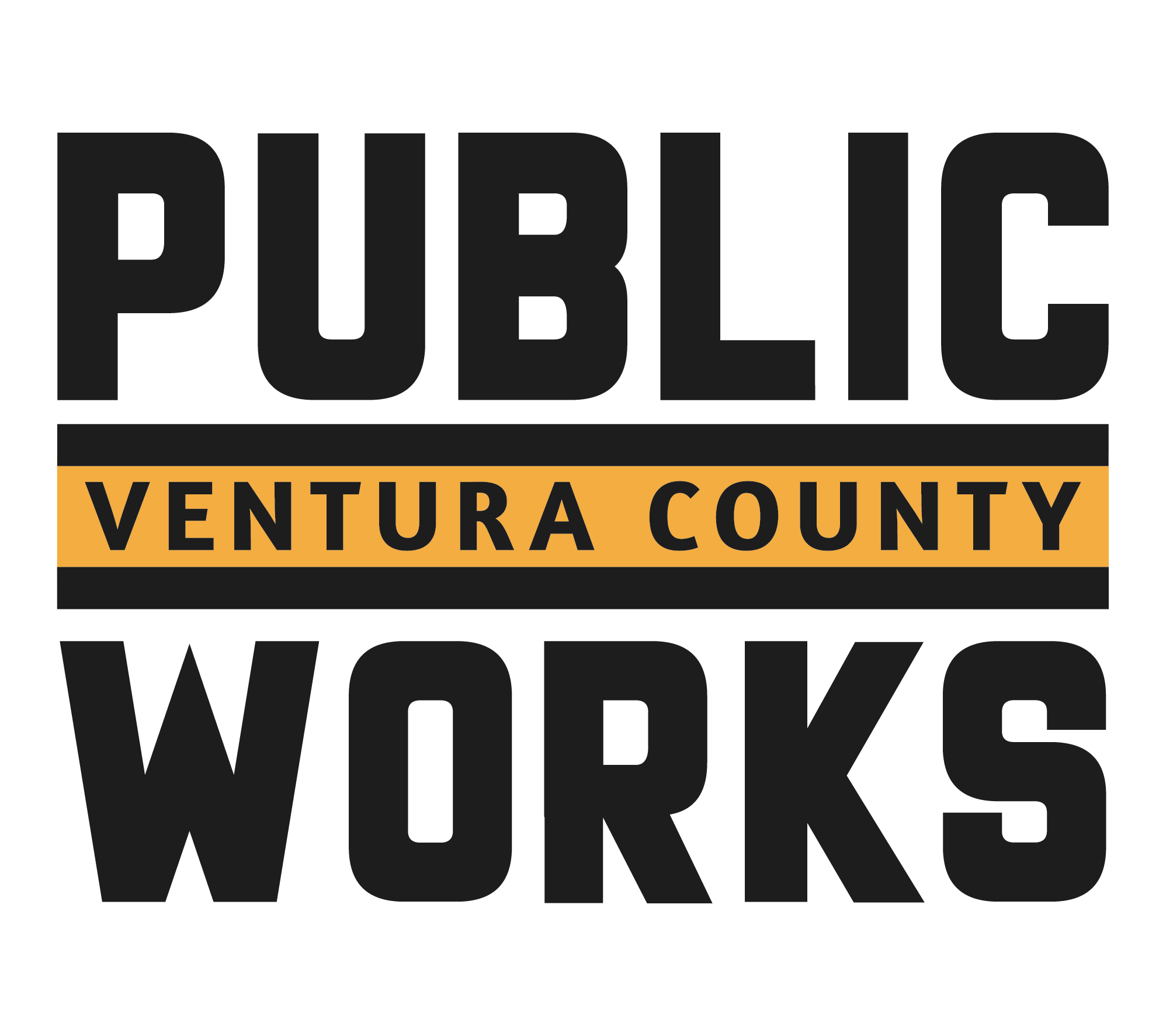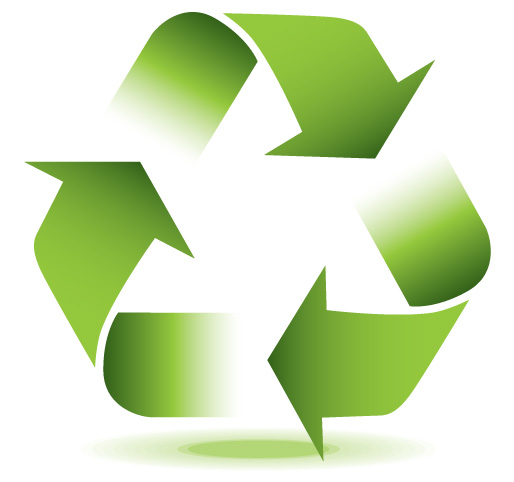June 10, 2023
VC Star
I thought the highlight of my Alaskan vacation would be glaciers, but looking back on the past two weeks, what really stands out are the dogs.
Since 1972, dog mushing has been the official state sport of Alaska. Visiting kennels, Iditarod training camps and Denali National Park, I learned two important lessons: dog mushing is not cruel, and it is possible to compost dog poop.
To be clear about the relevance of these lessons, hooking up a dog to anything larger than a kid on a skateboard here in “the lower 48” — as Alaskans call most of the rest of the country — would probably get you in trouble with the Society for the Prevention of Cruelty to Animals.
And trying to compost dog poop in local organics curbside collection programs would anger the sorters who remove contaminants. If those sorters failed to do their job, poop could get the compost facility managing your discards in trouble with the local environmental health agency.
However, to my points, some dogs love a life focused on pulling sleds over snow, and at least two impressive kennels have perfected techniques some of us might consider for home-based management of dog poop.
Also, to be clear about glaciers, they were magnificent. The blue sparkle of Mendenhall Glacier, in mountains north of Juneau, melted into the gushing Nugget Falls, a display so big and powerful its churning white water was clearly visible from the visitors’ center 1.5 miles away. Even more majestic, the sweeping view of glaciers from the bow of a ship was overwhelming as my family forged through Glacier Bay National Park and College Fjord, above Prince William Sound. Rocky, glacial-carpeted shorelines rose to snow-capped mountains on both sides of the deck as the ship’s propellers shot a silt-tinged wake into the distance.
Back to the dog poop: To fight climate change, the California Legislature mandates composting of sewage sludge, food scraps and yard clippings, but dog poop is landfilled. In Alaska, dog poop is composted.
Specifically, composting is practiced in Fairbanks, at Trail Breaker Kennels, the dog breeding and training center founded by Susan Butcher, who inspired the T-shirt and bumper sticker slogan, “Alaska: Where men are men, and women win the Iditarod.” She and her lead dog, Granite, overcame doubt, injury and blizzards to win the 1,000-mile race four times.
Disembarking at Chena Village from a paddleboat on the Fairbanks Discovery Tour after watching a training exercise at the kennel, our tour group petted the dogs and, as on kennel tours in Wasilla and Skagway, witnessed the dogs’ eagerness to join a harnessed team and pull a sled. A musher hoping to follow in Butcher’s sled prints made my day by letting me know the amazing detail: this award-winning training and breeding facility composts the dog poop.
There was no time to get the details of how they compost a material we eschew in local programs due to odor, parasites and germs. But fortunately, while visiting a sled dog kennel at Denali National Park, I found another example of dog poop composting. Rangers use dog sleds to traverse wilderness while collecting data, hauling equipment and patrolling for poachers. When the dogs are back at the kennel, Ranger Mitch Flanigan composts their waste. He talked with me and emailed me his six-step process. I will send it to anyone who emails me a request.
Sled dogs have pulled native Athabaskans across snow for generations. The dogs originated from Siberian huskies, but the joke is, most modern sled dogs are now Canardlies. That is, one “can ‘ardly” tell what breeds were mixed to create them. Sled dogs are selected for characteristics, not breed.
The Ventura County Animal Services division lists Siberian huskies available for adoption at vcas.us/huskyweek.
David Goldstein, an environmental resource analyst with the Ventura County Public Works Agency, can be reached at 805-658-4312 or david.goldstein@ventura.org.








